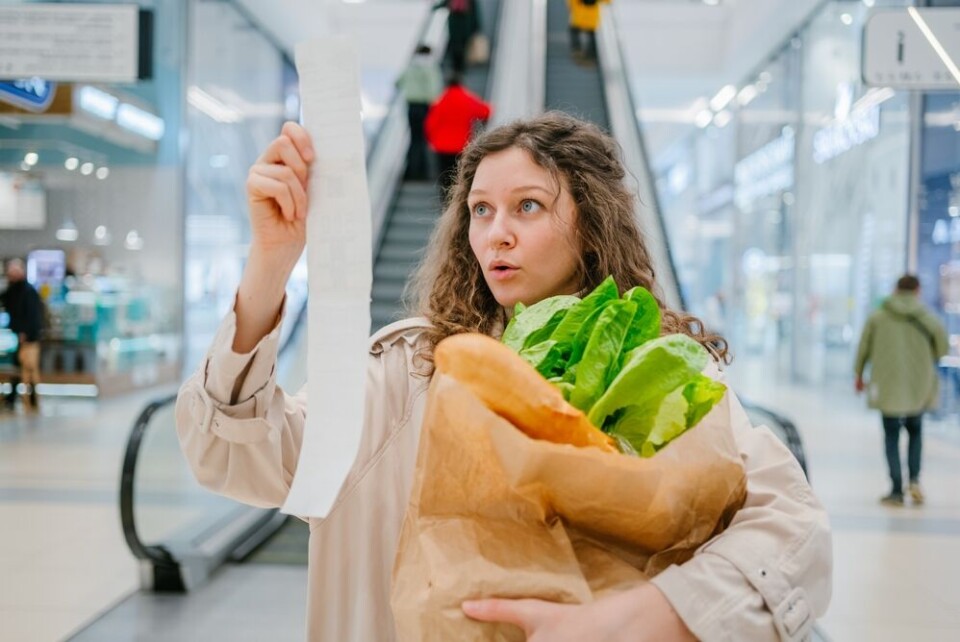-
Photos: Louis XIII-style château near Paris up for auction
The 400-year-old property has 32 hectares of parkland
-
Should France reduce the size of its baguettes to stop waste?
Would you welcome a smaller loaf?
-
Fatal HGV crashes: Goodyear in court in France over tyre defect claims
Investigators allege the firm knew about the problem but did not issue a recall
€224 more per person for food shopping in France this year, says study
‘The worst is yet to come’ and spiralling prices could threaten some households’ ability to meet their basic needs, it is suggested

Rising supermarket food prices are set to continue resulting in average rises of €224 per person (to reach €2,963 a year in total) by the end of the year, a new study has suggested.
“The worst is yet to come,” said insurance company Allianz Trade after a study published yesterday (May 24), in the context of rising inflation and food costs.
National statistics bureau Insee said that inflation rose by 4.8% year on year in April, with food costs rising by 3.8% in the same month. Allianz Trade said that this trend is likely to continue.
Read more:French inflation at 4.8% year on year to April
Aurélien Duthoit, sector consultant at Allianz Trade, told AFP: "Supermarket prices could increase by 8.2% [year on year], which would lead to an increase in annual food expenditure of €224 per person this year, for a total of €2,963 [per average household].”
The prediction is based on calculations that supermarkets will pass 75% of their manufacturer costs onto their prices.
Just 50% of these costs have so far been passed on to the consumer. “European food manufacturers have increased their prices by 14% since the beginning of 2021, [but] supermarkets have only increased their prices by 6% [so far]”, said Mr Duthoit.
However, France is not the worst off in the EU, the study concludes, with the average cost rise per person at €243 across the bloc, rising to €254 for each resident of Germany.
Mr Duthoit said that this is explained by “a very concentrated market structure in France, which gives distributors a significant financial position and allows them to absorb part of the increase in purchasing costs”.
Sales prices are nonetheless difficult to predict currently, Allianz Trade said, given the “volatile nature of the [political] climate”, especially with regards to the war in Ukraine.
The war has already had a marked effect on food prices, due to both nations being major farming powers. The price of oil and fats is already 53% higher than in 2021, while flour prices have risen by 28%, and pasta by 19%.
Read more:Top 10 food products in France most hit by price rises
Mr Duthoit also highlighted that because supermarket discounts are becoming more sophisticated and selective (and are sometimes tailored to the individual consumer), this could lead to fewer savings overall.
He warned: "For some, rising food prices will only affect their ability to save; for others, it may further threaten their ability to meet their basic needs.”
Read more:11 tips to save money on your food shopping in France
The government is set to present an extra budget announcement at the end of June, with measures expected to include a food voucher for the least well-off households, to help them buy more fresh and healthy ingredients despite rising costs.
Similarly, a range of apps are rising in popularity as consumers seek to save costs, and most major supermarkets areintroducing price freezesor deals to help shoppers make their money go further.
Related articles
Inflation remains concern for 2022 no matter who is French President
Shoppers in France favour budget supermarket items as inflation rises
Smartphones, hairdryers, vacuums: Food not only cost rising in France
























